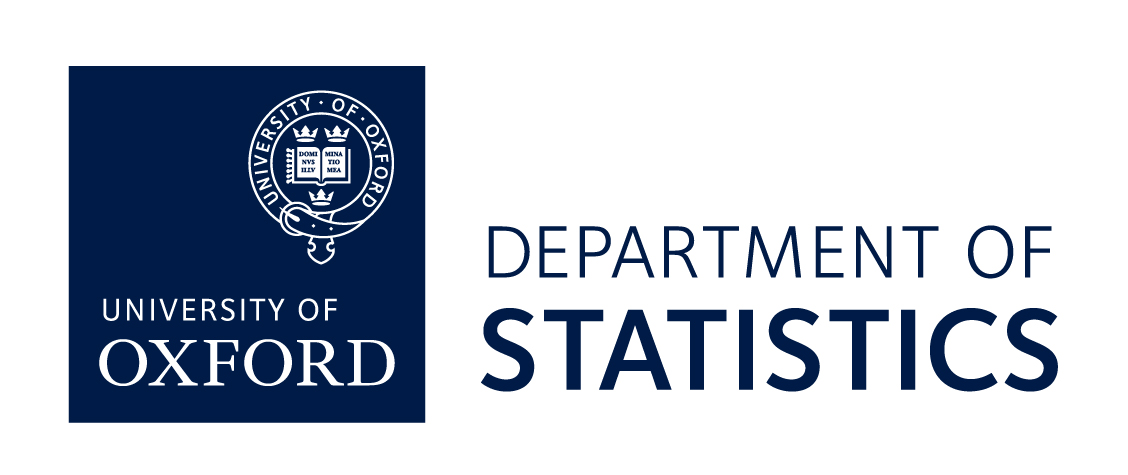|
Fergus Boyles, Research Software Engineer, Department of Statistics
Fergus is a research software engineer in the Oxford Protein Informatics Group, where his work focuses on the development and deployment of scientific software for immunoinformatics and drug discovery. Fergus is also a co-director of the SABS R3 Centre for Doctoral Training, where he teaches structural biology and sustainable software engineering practices. |
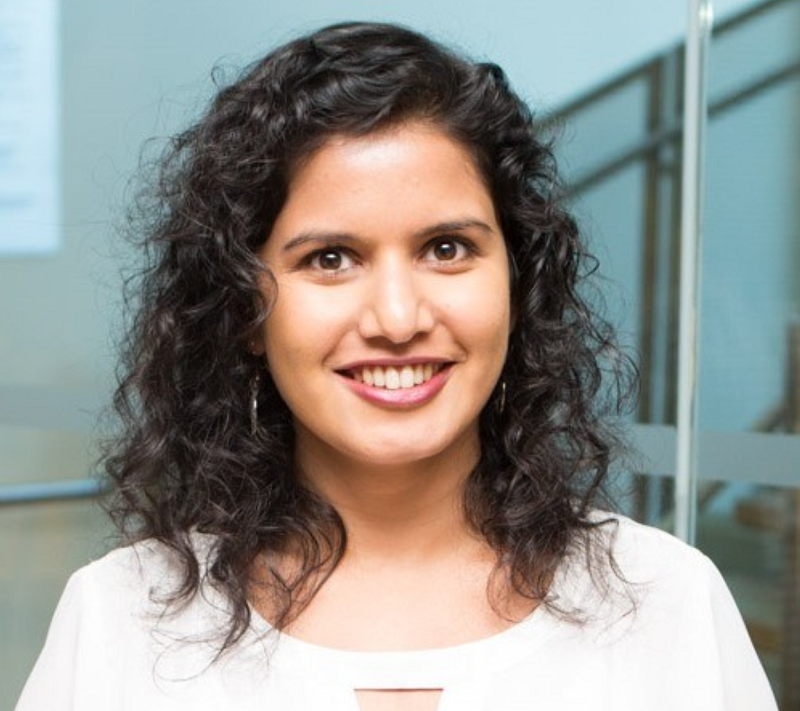 |
Mireille Gomes, Senior Research Coordinator, Gavi – the Vaccine Alliance
Mireille is committed to improving access to healthcare. Her efforts thus far have focused on evidence-based healthcare reform and the roll-out of pioneering digital health solutions while working in various countries in Africa and Asia, and at the global-level at Gavi and the World Health Organization. Through these endeavours she leads partnerships with Global Health institutions (Gates Foundation, UNICEF, CDC, etc.), country governments, the private sector and research institutes. Mireille continues to foster her research interest in Computational Biology by supervising a PhD student in the area of Artificial Intelligence for Global Health. She holds a University of Toronto Post-doctoral Fellowship in Computational Epidemiology, an Oxford University DPhil in Computational Biology, and a Queen’s University Bachelor’s in Biomedical Computing. |
 |
Adrian Hitz, Materialize.X
Adrien Hitz co-founded Materialize.X, a science startup developing non-toxic adhesive and optimization software technologies for the engineered-wood manufacturing industry. He previously did a PhD in statistics at Oxford University, focusing on extreme-value theory and graphical models. |
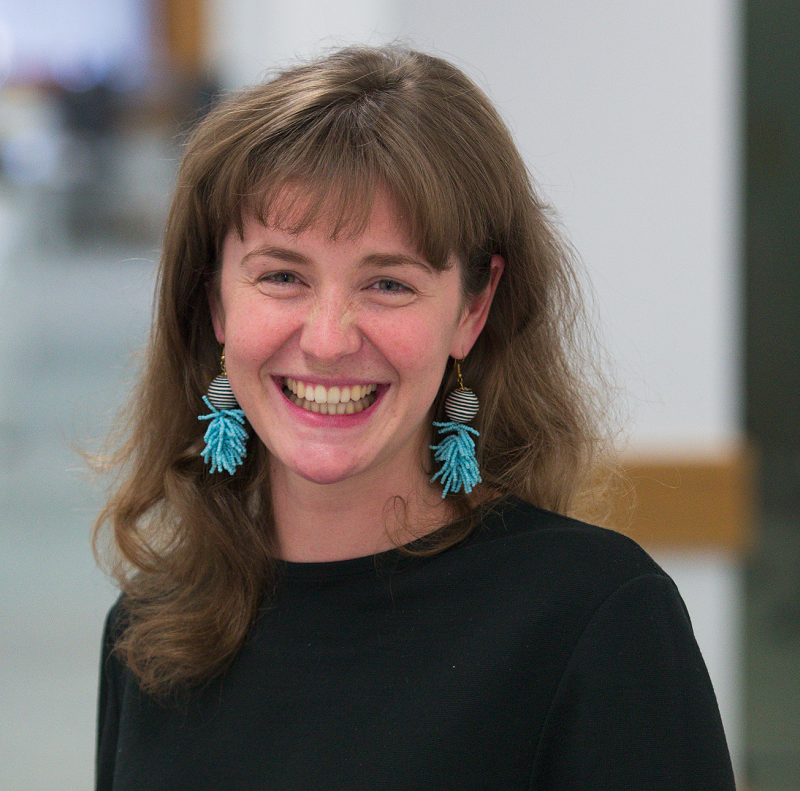 |
Maxine Mackintosh, Postdoctoral Fellow between the Alan Turing Institute, The Health Foundation and the University of Oxford.
Maxine is currently working on exploring the boundaries of what we define as health data, and how we can infer how healthy or sick people are, based on their financial, geospatial, social or transactional consumer data. Prior to this she completed a PhD at UCL on dementia in electronic health records, an MSc in Health Policy, Planning and Financing (LSE & LSHTM) and a BSc in Biomedical Sciences (UCL). Maxine is also the co-founder of One HealthTech – a global, volunteer-led, grassroots community that supports and promotes under-represented groups in health innovation. She has worked across a range of organisations, including the World Health Organisation on artificial intelligence policy, L'Oreal's scientific team and technology strategy in Roche Diagnostics. She is part of a number of communities and committees including as a board member for the Eastern AHSN, the World Economic Forum’s Global Shapers, the Churchill Fellowship, the British Computer Society and previously, she sat on the DeepMind Health Independent Review Board. She also really really likes fancy dress. |
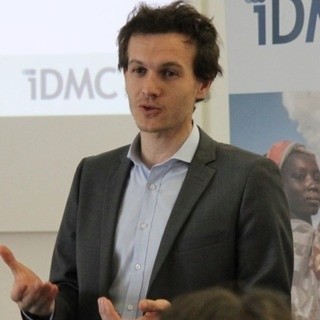 |
Leonardo Milano Ph.D, Predictive Analytics Team Lead, United Nations OCHA Centre for Humanitarian Data (Geneva, Switzerland).
Prior to joining UN OCHA, Leonardo worked as a Senior Data Scientist for the Norwegian Refugee Council’s Internal Displacement Monitoring Centre, carrying out cutting-edge research on the topic of displacement related to conflicts and disasters worldwide. Trained as a physicist, he also worked in two of the leading scientific research organizations worldwide: the European Organization for Nuclear Research (CERN) and the Lawrence Berkeley National Laboratory (LBNL) in Berkeley, California. Leonardo is on the Executive Committee of The Port Association, which combines creative minds from CERN and non-profit organizations to work on technology solutions to humanitarian problems. Leonardo holds a PhD in Physics from the University of Turin, Italy. |
 |
Xenia Miscouridou, Research Associate, Imperial College London
Xenia is currently a Research Associate at the Department of Mathematics, Imperial College London. She is a member of the Spatiotemporal Machine Learning Group with the goal to influence public policy. She has previously worked in AIG as a machine learning scientist in the Investments AI group. Before that she completed her PhD in Statistical Machine Learning from the Department of Statistics at the University of Oxford during which she spent time at the Alan Turing Institute in London, Google Zurich and NYU Courant Institute.
Her main PhD focus was on Nonparametric Bayesian methodology for network modeling but her research to date includes more broadly Bayesian methods, point processes, graph models, deep generative models and unsupervised learning techniques. Her research goal is to build methods that combine the strengths of statistics and computation aspiring to answer scientific questions with impact in real life. |
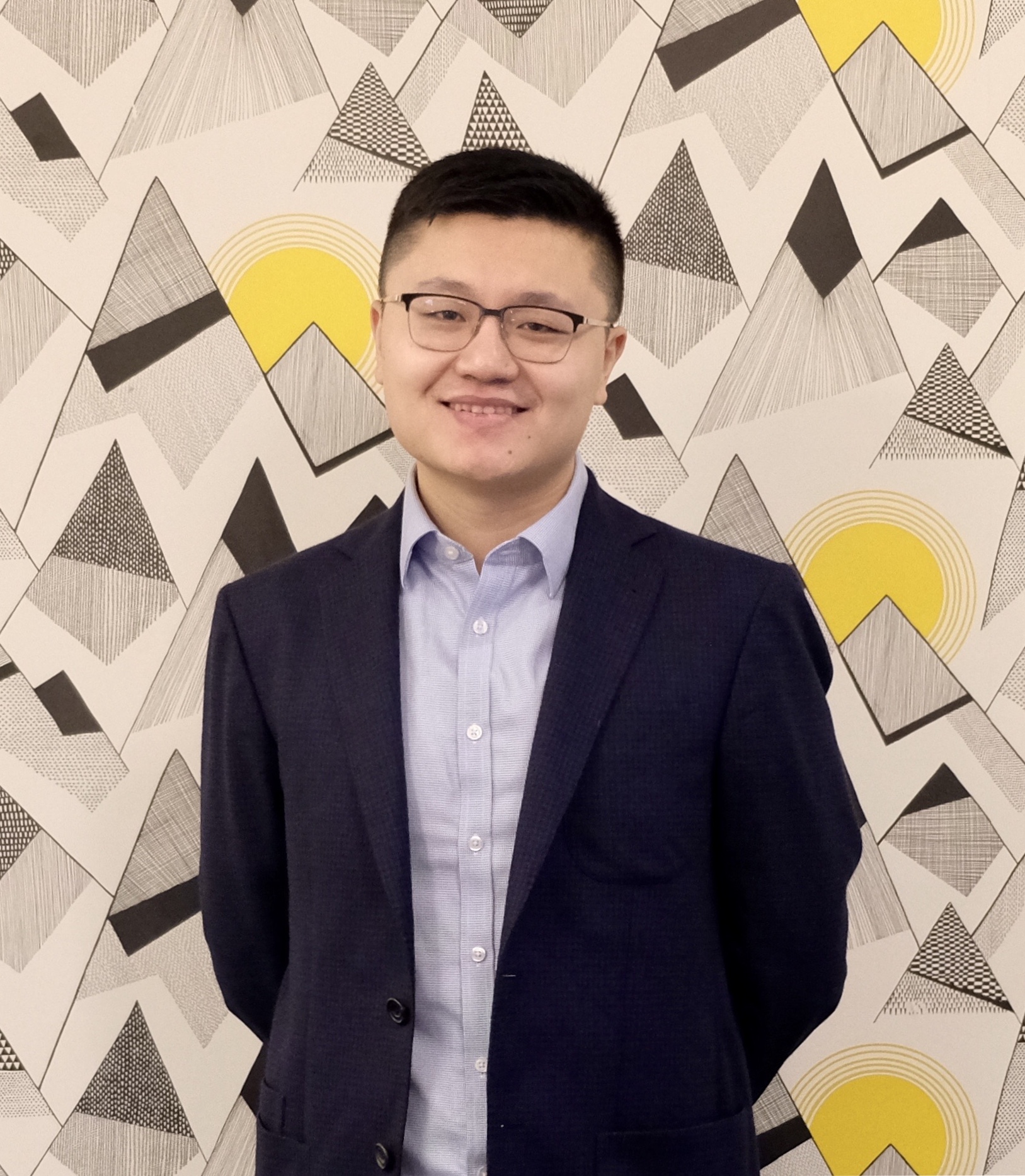 |
Yuchen Xia, Genuine Impact
After completing my degree in Mathematics and Statistics from the Department of Statistics in 2010, I began my career as an investment professional at BlackRock, where I was responsible for managing multi-asset investment portfolios of some of BlackRock’s key clients in the EMEA. In 2015 I joined Moneyfarm, one of Europe’s leading digital wealth managers, where I was one of the founding members of its UK team and helped to build the company’s investment capability and strategic partnerships. In late 2017, I founded my first business, New Horizon Global Advisory, a FCA regulated investment manager that provides bespoke financial advisory. In 2018 I co-founded Genuine Impact, a London based financial technology start-up focusing on delivering high-quality, professional investment intelligence and data to retail investors by leveraging investment knowhows and data science techniques. |
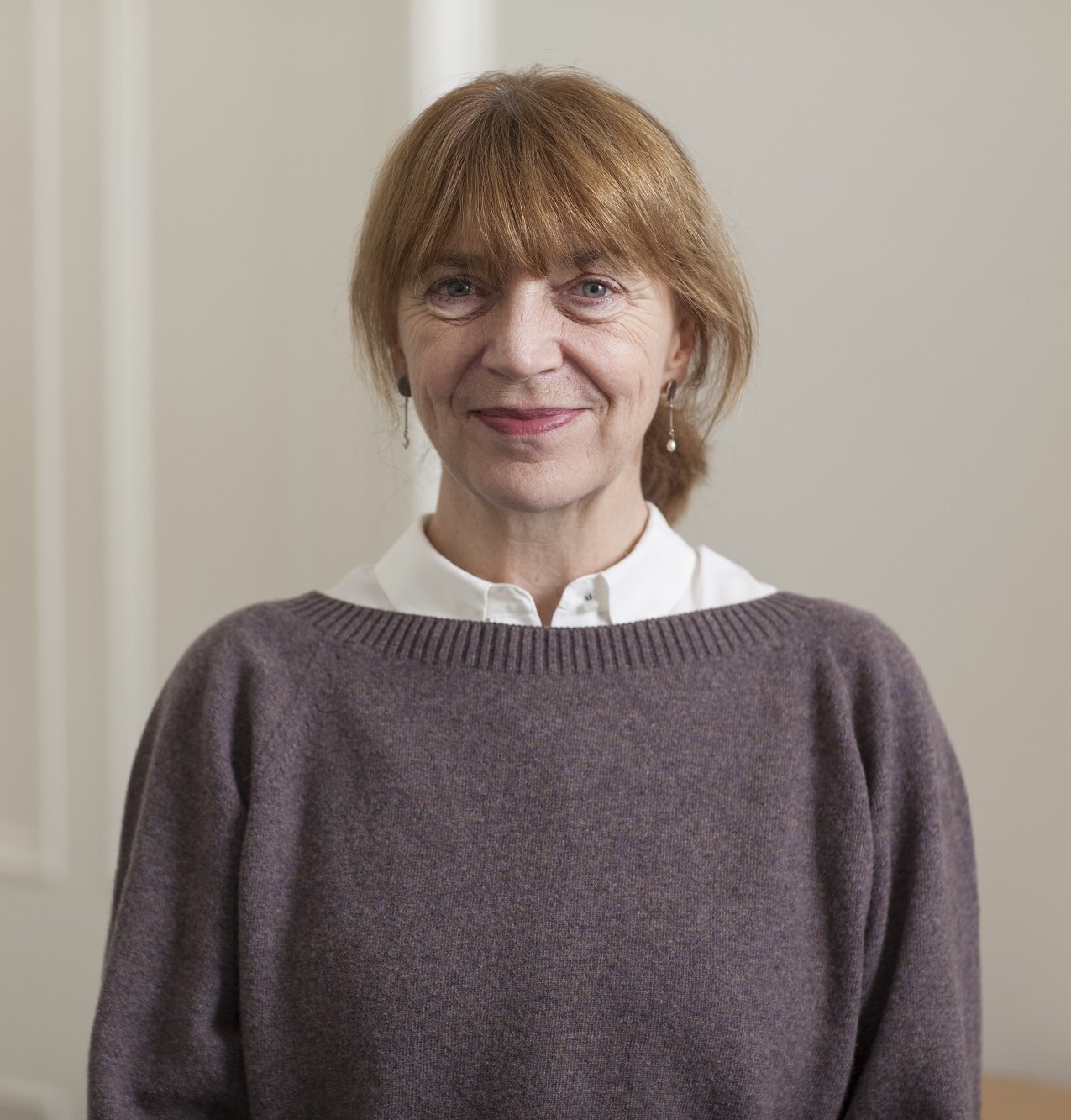 |
Ann Yellowlees, Quantics Biostatistics
Ann Yellowlees will be sharing her rich experience of leading an international statistical consultancy as well as her earlier years in the private and public sectors. Following Ann’s time at Oxford (Maths BA; Applied Statistics MSc) and a PhD in Statistics from Waterloo (Canada) her career started in 1991 when she was Head of the Mathematics and Statistics section of Shell Research. She then joined the Information and Statistics Division of NHS Scotland (ISD). Starting as Head and Principal Statistician of the Scottish Cancer Therapy Network within ISD, she rose to become Assistant Director of ISD before establishing Quantics Biostatistics in 2002. Quantics Biostatistics started with Ann as the single employee but quickly grew to an organisation with employees from 13 nations and is currently enjoying the transition to Employee-Ownership which will enable the whole team to benefit directly from the future successes of the company |









